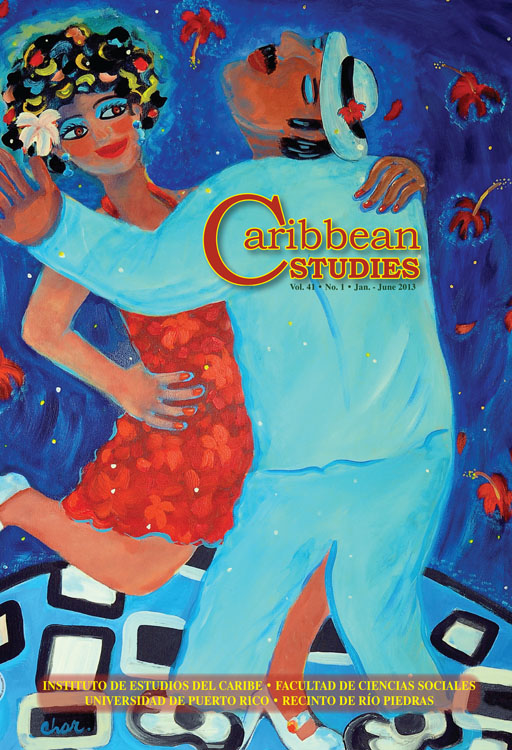Abstract
Saint Lucia, like much of the rest of the Caribbean, is a Creole society. Due to unique historical circumstances, Antillean Creole cultural identity is fluid, fragmentary and multiple. Saint Lucians perceive cultural commonalities between their island, on the one hand, and the Francophone, French Creole-speaking and Anglophone Caribbean and wider world, on the other, and value the different languages of their colonial legacy—French, Kwéyòl and English—both for intangible reasons related to local and pan-cultural identities and for the access these languages open up for practical economic and life-chance opportunities. Under the influence of globalization, there is a definite hierarchy in the value-based ordering of these tongues. Saint Lucians hold English in highest esteem; it gives the greatest pay back in terms of socioeconomic mobility on and off the island. Islanders also value French, as a complementary, secondary global language and for communicative versatility in neighboring, affluent Martinique and in their island‘s tourist sector. Although most Saint Lucians profess the importance of their French-based Creole, Kwéyòl, as a unique symbol of Saint Lucian nationhood, this vernacular is the biggest loser in the postcolonial, global-era competition of languages. As a society in a globally-induced state of flux, the traditional cultural orientation of Saint Lucia is changing; English is supplanting the waning Kwéyòl. However, new cultural and linguistic forms are emerging. Vernacular English of Saint Lucia, itself a creolized English strongly influenced by Kwéyòl, has become the nation‘s new lingua franca, particularly among the urban working class and youth island-wide.Downloads
Download data is not yet available.

